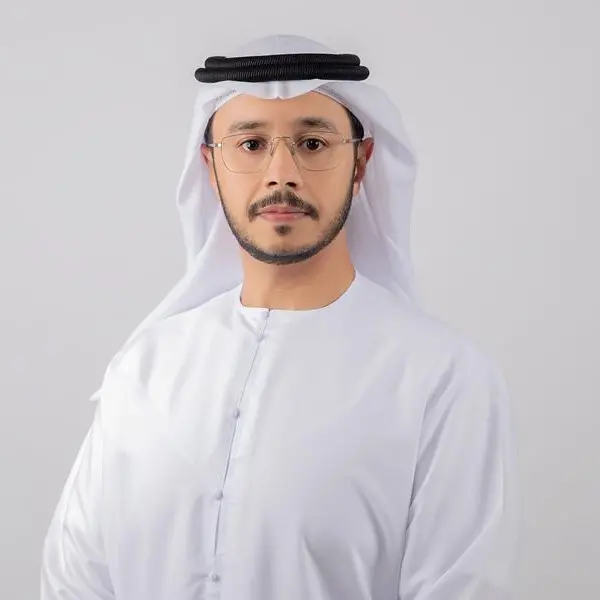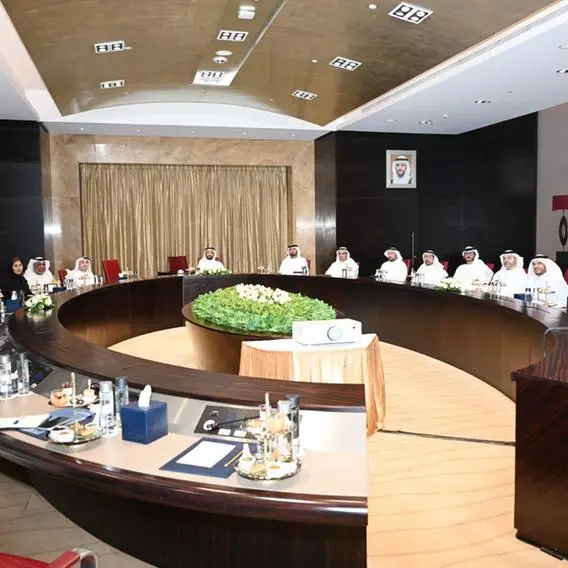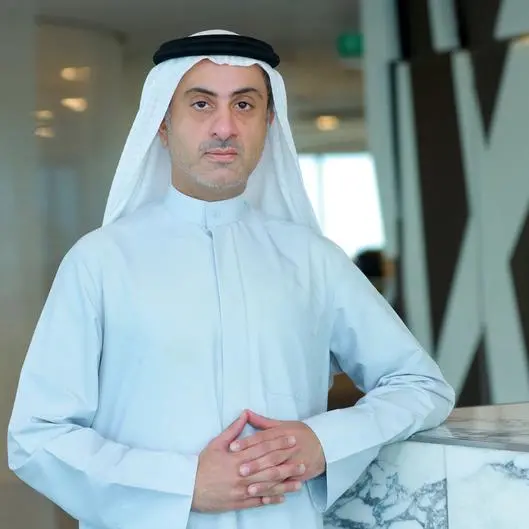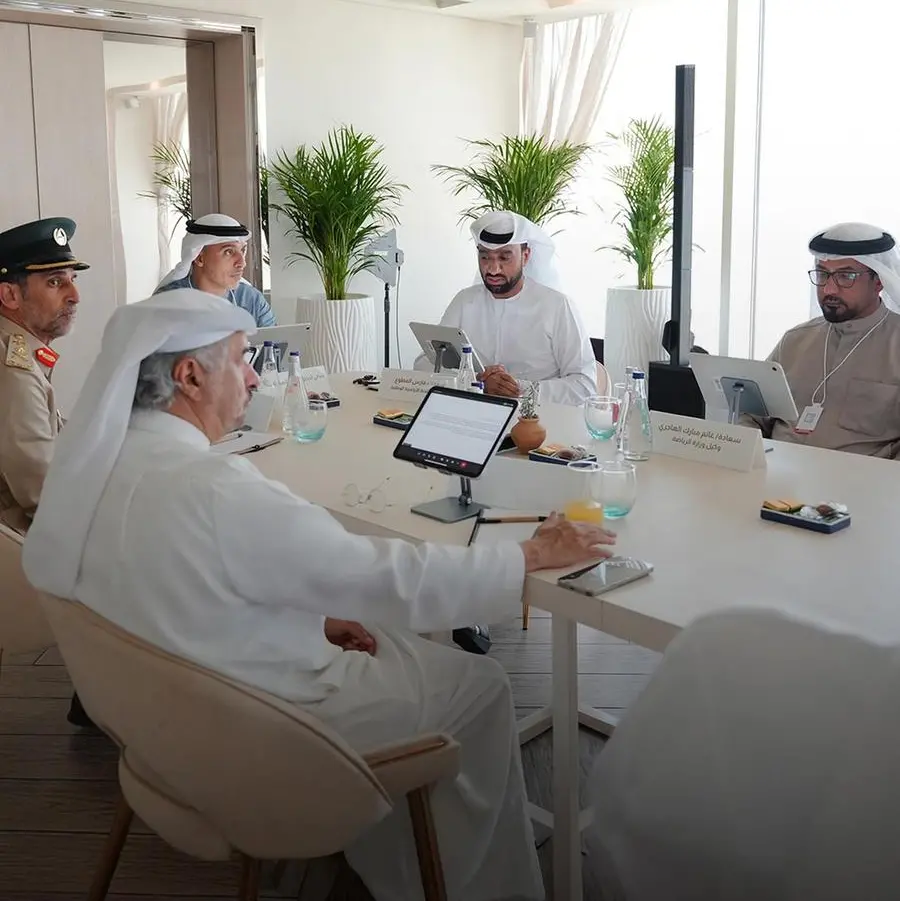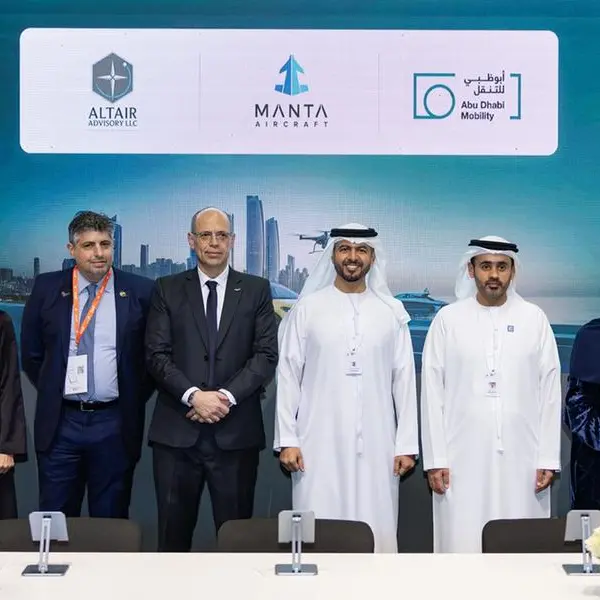- FDI into the UAE increased 10 percent from 2021
- UAE is also the fourth largest recipient of greenfield projects in the world, recording an 80% increase on 2021
- Mohammed bin Rashid: The report ranks UAE first regionally in attracting FDI inflows and the fourth largest recipient of greenfield investment projects in the world with a total of 997 projects, coming after US, UK and India, and rising at an average of 80% than the past year
ABU DHABI: His Highness Sheikh Mohammed bin Rashid Al Maktoum, Vice President Prime Minister of the United Arab Emirates and ruler of Dubai, has announced that the UAE attracted US$23 billion in Foreign Direct Investment (FDI) in 2022, a 10 percent increase on 2021 and the highest figure ever recorded by the country in a single year. This puts the UAE 16th in the global rankings for FDI attraction, a climb of six places compared to 2021.
His Highness Sheikh Mohammed bin Rashid Al Maktoum said: “The UAE has achieved the highest foreign direct investment (FDI) inflows in its history in 2022, reaching AED84 billion ($23 billion) despite a 12% decline in global FDI movement, according to the UNCTAD's annual World Investment Report 2023... The report ranks UAE first regionally in attracting FDI inflows and the fourth largest recipient of greenfield investment projects in the world with a total of 997 projects, following US, UK and India, an increase of 80% compared to previous year.”
His Highness added: “We express our appreciation to all regulatory, legislative and service entities who contributed to strengthening the position of the UAE as one of the best international investment hubs. Our aim during the coming year is to achieve more historic milestones.”
The World Investment Report 2023, is published by the United Nations Conference on Trade and Development (UNCTAD) to monitor global and regional investment trends and national and international investment policy developments. With detailed information on more than 200 economies covering a period of 40 years, UNCTAD is considered the most authoritative source of data on both investment flows and transnational companies.
The 2022 results underline the UAE’s increasing attractiveness to global investors in the post-Covid economy, particularly in terms of greenfield investment. In 2022, the UAE was the fourth largest recipient of greenfield projects in the world, with 997 projects announced – behind only the US, the UK and India and an 80 percent increase on 2021. The UAE also remains the leading destination for global FDI in the GCC, attracting 61 percent of all FDI committed to the region in 2022.
The UAE is not only a destination for capital but a source. FDI outflows also rose by 10 percent to US$25 billion in 2022, making the country the 15th largest investor in the world, climbing from 20th in 2021.
This achievement represents another major milestone in our progress towards our long-term economic diversification ambitions. The UAE is committed to establishing a dynamic, flexible and resilient business ecosystem that welcomes all kinds of capital – financial, technological and human. In addition to the clear value proposition, which is based on global connectivity, strategic location, light-touch regulation and a high-calibre workforce, the UAE is now creating new pathways for investments that will support emerging industries such as fintech, agri-tech, healthcare, ecommerce and advanced manufacturing.
The results underline the growing stature of the UAE as a global business hub, a compelling platform for ambitious investors, business leaders and entrepreneurs to expand into the high-growth regions of the Middle East, Asia and Africa. They also point the way for an exciting future: a nation that continues to look outward and build bridges of opportunity with the rest of the world.
UNCTAD will hold its 8th World Investment Forum in Abu Dhabi, UAE, from 16 to 20 October, 2023 under the theme “Investing in sustainable development”. The forum will bring together government leaders, global CEOs and other investment stakeholders to tackle key economic challenges, including food security, energy, health, supply-chain resilience, infrastructure and capacity growth in the developing world.
The full World Investment Report can be viewed here.
-Ends-
